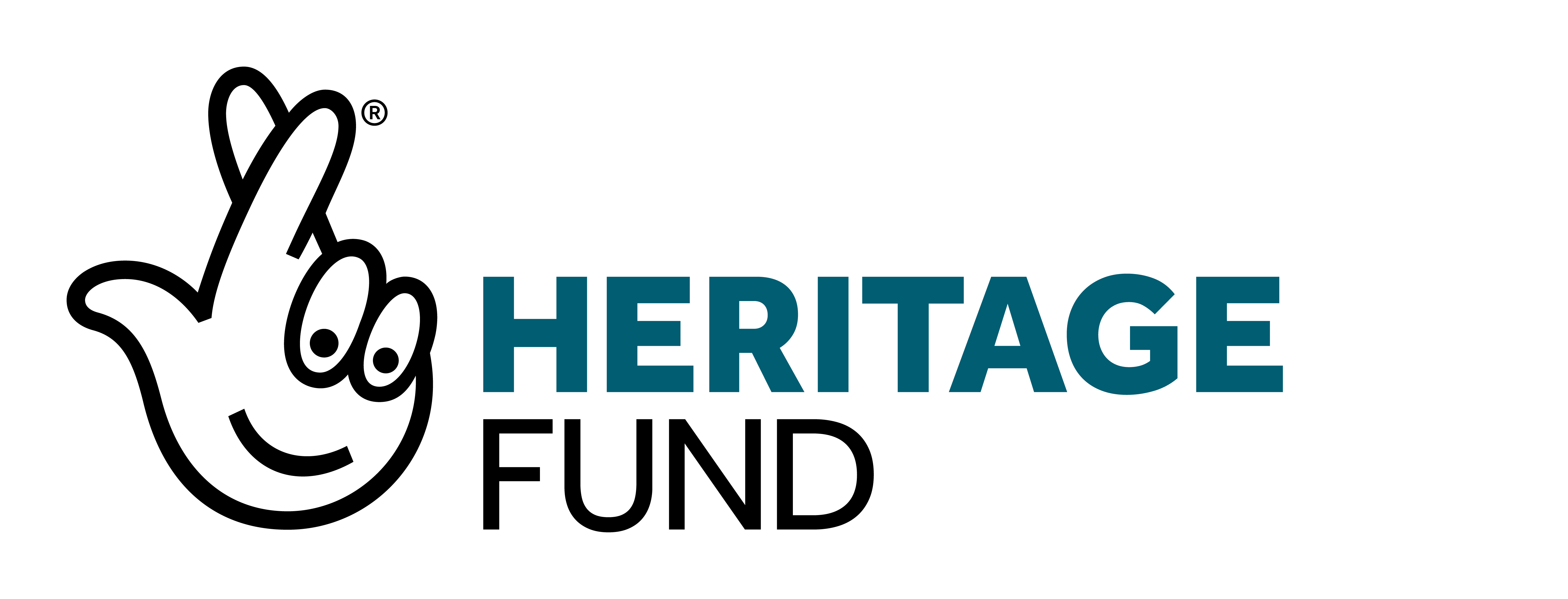Researching Queer History in Brighton & Hove
Delving into queer history can seem daunting. Often termed 'hidden,' these histories are frequently occluded, erased, or simply unrecorded. However, Brighton & Hove boasts a rich queer history, dating back to its rise as a pleasure resort in the 1800s. This legacy is recognized and preserved by heritage institutions across the city. Navigating these collections can be challenging, so this blog post serves as a brief guide to current LGBTQ+ collections in Brighton & Hove beyond Queer In Brighton and how to access them.
The Keep
The Keep houses the archives and collections of the University of Sussex, including the Mass Observation Archive, East Sussex and Brighton & Hove Record Office, and Brighton & Hove Museums. The Keep's extensive LGBTQ+ materials span themes such as Pride, Section 28, and HIV/AIDS, predominantly comprising paper documents like posters, leaflets, letters, and photographs. One notable collection is Brighton Ourstory, a pioneering community project documenting the city's LGBTQ+ history from 1989-2013.
To access The Keep's collections, search the online catalogue. Viewing items requires online registration and booking a slot in the Reading Room. The Keep's website provides a detailed guide for this process. The publicly accessible Reference Room also offers a selection of magazines, pamphlets, and books on Brighton & Hove’s LGBTQ+ history, providing an excellent research starting point.
Brighton & Hove Museums
Brighton & Hove Museums operate five sites across the city, housing physical objects related to LGBTQ+ history. Many items are displayed in curated exhibitions and galleries. Current exhibitions include ‘Queer the Pier’, a community-curated display celebrating Brighton’s LGBTQ+ cultural history, and ‘Queer Looks’, showcasing outfits and oral histories from LGBTQ+ individuals in Sussex from the 1960s to the present. For specific enquiries about museum collections, you can complete a collections enquiry form.
Screen Archive South East (SASE)
Screen Archive South East is a moving image archive holding a growing collection of LGBTQ+ film material. This includes amateur and professional productions, such as short documentaries and oral histories, depicting everyday life, Pride events, protests, weddings, and other significant occasions. Many films are viewable online on the SASE website. For specific research enquiries, contact the archive directly.
Brighton & Hove City Libraries
The city libraries offer a vast selection of physical books and ebooks documenting LGBTQ+ history, which can be borrowed by members. Key titles currently available include ‘Queer Beyond London’ by Matt Cook and Alison Oram, ‘LGBT Brighton & Hove’ by Janet Cameron, and ‘Brighton Trans*formed’. For broader UK LGBTQ+ history, recommended books include ‘United Queerdom’ by Dan Glass, ‘Gay in the 80s’ by Colin Clews, and ‘Outrageous!: The Story of Section 28 and Britain's Battle for LGBT Education’ by Paul Baker.
Brighton & Hove City Libraries are accessible to anyone, but borrowing books requires membership. Books can be easily searched and reserved through the online catalogue.
Collaborative and Community Heritage Projects
Several previous collaborative projects also have accessible online digital archives.
Brighton Trans*formed (2014): Documented the lives of Brighton & Hove’s transgender community. The website features oral history transcripts and participant photographs. Themes include family, work, socializing, gender, relationships, sex, desire, and age.
Into the Outside (2017): Celebrated stories from LGBTQ+ youth in Brighton & Hove, led by Photoworks in collaboration with Brighton & Hove Libraries Services, the Mass Observation Archive, and the East Sussex Records Office. The digital archive contains oral history excerpts and photography from young people involved in the project.
Brighton & Hove holds extensive collections, accessible to anyone interested in queer history, as a result of the diligent collecting and preserving of these histories by local communities and heritage institutions. Whether you're a seasoned researcher or just beginning your journey, these resources offer a wealth of information to explore and celebrate the vibrant queer history of our unique city.


